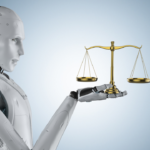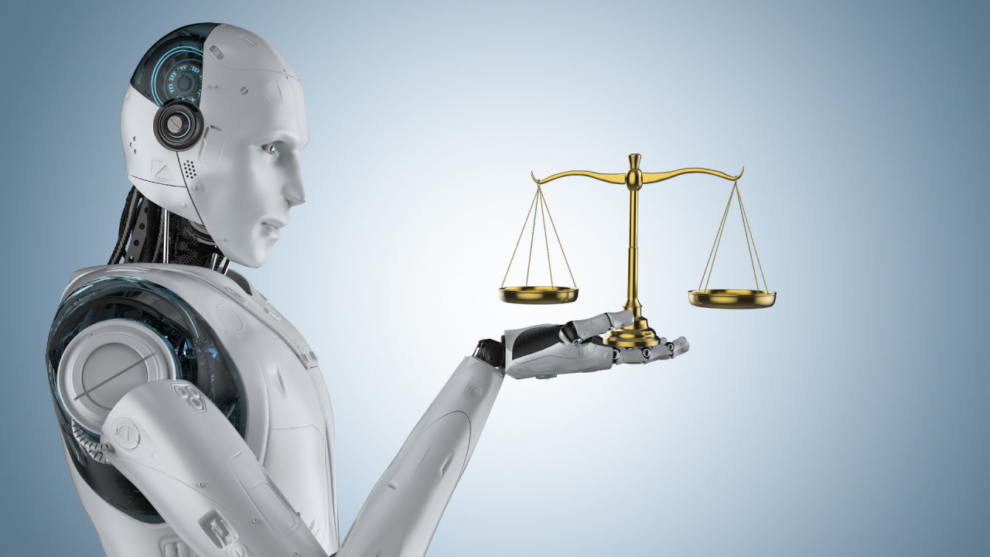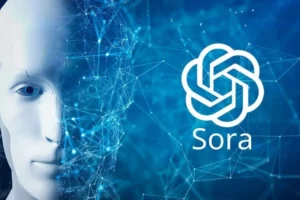The American Civil Liberties Union has issued a stark warning about the growing adoption of artificial intelligence in law enforcement documentation, highlighting significant risks to justice and civil rights. The organization’s recent white paper comes in response to California police departments’ implementation of Axon’s Draft One program, which uses AI to transcribe body camera footage and generate preliminary police reports.
The controversy centers on Fresno Police Department’s pilot program, which currently limits AI-generated reports to misdemeanor cases. While Deputy Chief Rob Beckwith has defended the system as merely a template that requires human oversight, the ACLU’s analysis reveals deeper concerns about the technology’s potential impact on law enforcement accountability and judicial processes.
At the heart of the ACLU’s critique are fundamental issues with AI reliability and bias. The organization emphasizes that artificial intelligence systems are prone to fabricating facts and can perpetuate existing societal biases, potentially amplifying discriminatory practices within law enforcement. This technological unreliability could have serious implications for criminal proceedings and civil rights.
The ACLU particularly emphasizes the importance of preserving officers’ authentic recollections of incidents before they are influenced by AI-generated narratives. The organization argues that allowing AI to create reports based solely on body camera footage could lead to critical omissions and potentially provide cover for misconduct that occurs outside camera view.
A crucial aspect of the ACLU’s concern focuses on transparency and accountability. The organization stresses that the public and legal professionals need complete understanding of how these AI systems operate, yet many aspects remain opaque. This lack of transparency could severely impact defendants’ ability to challenge evidence in criminal cases, potentially compromising their right to a fair trial.
The implementation of AI in police reporting also raises questions about discretionary power and accountability. The ACLU warns that automated report generation might diminish individual officer responsibility for their actions and decisions, potentially creating a technological buffer between law enforcement conduct and public oversight.
While proponents of AI-generated reports, like Fresno’s police department, emphasize the technology’s role as a supplementary tool rather than a replacement for human judgment, critics argue that even limited implementation could set dangerous precedents. The distinction between using AI as a template versus relying on it for substantive content becomes increasingly blurred as the technology becomes more sophisticated.
The debate reflects broader concerns about the rapid integration of artificial intelligence into critical public institutions without adequate safeguards or oversight. As more police departments consider adopting similar technologies, the ACLU’s warning serves as a crucial reminder of the need to balance technological efficiency with civil rights protections.
The organization’s stance against police departments using AI for draft reports represents a clear position in what is likely to become an increasingly important debate about the role of artificial intelligence in law enforcement. This discussion touches on fundamental questions about accuracy, accountability, and transparency in policing, as well as the broader implications for civil liberties and justice system integrity.
As law enforcement agencies continue to explore technological solutions for improving efficiency, the ACLU’s warning highlights the critical need for careful consideration of potential consequences before widely implementing AI-generated documentation systems. The challenge lies in finding ways to leverage technological advances while maintaining the essential human elements of law enforcement and protecting civil liberties.
















Add Comment